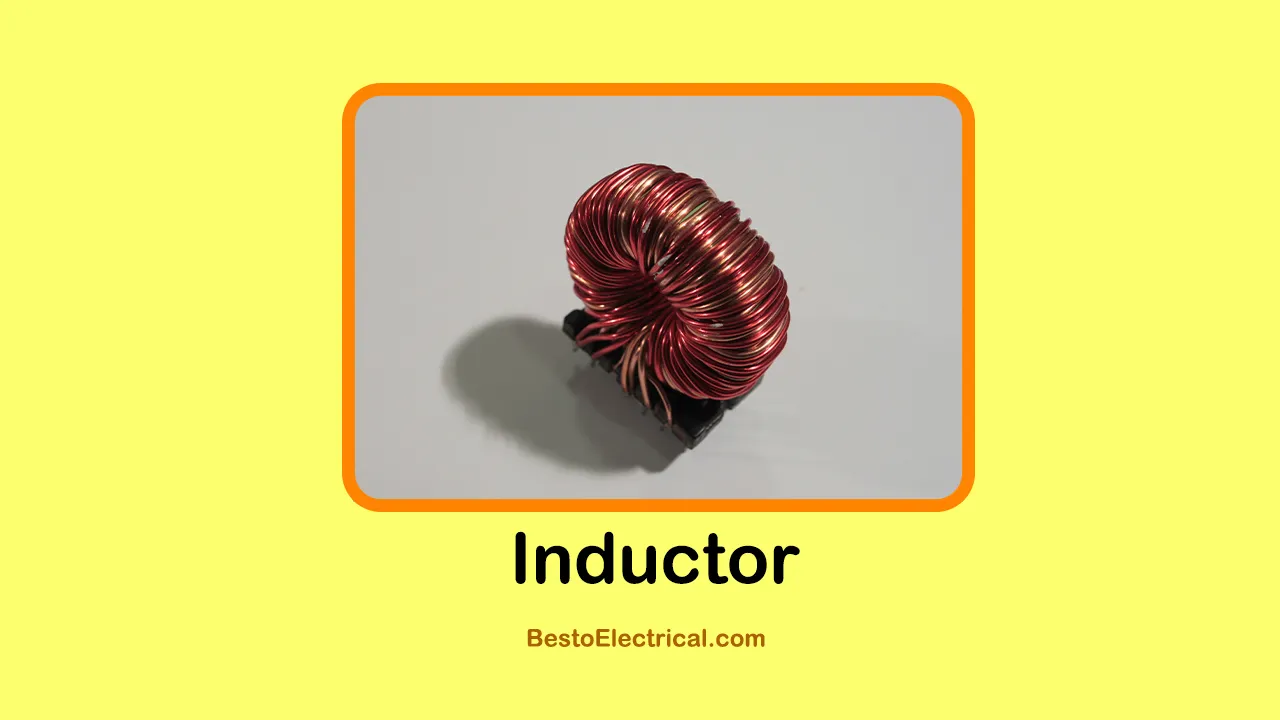Inductor: Essential Component in Electrical Circuits
An inductor is a core component in electrical circuits. When current flows through it Its store energy in a magnetic field. An inductor primarily made from a coil of wire. That resists changes in current flow. This resistance is essential for applications like filters, transformers, and oscillators, where stable power flow is critical. We will tell you 7 powerful Advantages of inductors in electrical circuit.
Inductors are unique because they oppose sudden changes in current, which helps stabilize electrical signals. When a circuit’s current flow changes, an inductor produces an opposing voltage, helping control surges and maintain consistent current levels. This is especially useful in AC circuits, where inductors can filter out unwanted noise by allowing only certain frequencies to pass.
Inductors come in various types based on core material, shape, and frequency use:
Types of Inductors
- Air Core Inductors: Best for high-frequency applications; no magnetic core, reducing energy loss.
- Iron Core Inductors: Ideal for low-frequency circuits; provides greater inductance but with higher energy losses.
- Ferrite Core Inductors: Frequently used in power supplies; high inductance with low energy loss at various frequencies.
Inductors are commonly used in power supplies, RF (radio frequency) circuits, audio equipment, and anywhere current control or filtering is necessary. Their ability to limit and shape current flow makes them crucial for efficient and stable circuits.
Key Takeaway:
“Inductors stabilize current flow, filter noise, and are vital in modern circuits.”
Advantages of an Inductor
An inductor is a fundamental component in electrical systems, known for its ability to store energy and manage current flow. Its unique properties bring several advantages that make it essential in applications requiring stability, filtering, and control. Here are some of the key benefits of using an inductor in electrical circuits:
1. Energy Storage
An inductor stores energy in the form of a magnetic field, which it releases when needed. This capability is vital for applications like power supplies, where maintaining energy flow is essential. Inductors provide a reliable energy reserve, smoothing out sudden power fluctuations and ensuring consistent current delivery.
2. Current Stabilization
Inductors resist sudden changes in current, which helps maintain a steady flow in circuits. This resistance, known as inductive reactance, prevents sudden surges that can damage sensitive components. By stabilizing current, inductors improve circuit reliability and prevent disruptions, especially in AC (alternating current) circuits.
3. Noise Filtering
In AC circuits, inductors can filter out unwanted frequencies by allowing only certain frequencies to pass through. This makes them ideal for audio systems, radio transmitters, and power supplies. Inductors block high-frequency noise, creating clearer, more reliable signals, and reducing interference.
4. Efficient Energy Transfer in Transformers
In transformers, inductors work together to transfer energy between circuits with minimal loss. The primary and secondary coils in a transformer are inductors that use magnetic coupling to shift power between different voltage levels efficiently. This makes inductors crucial in voltage regulation and power distribution systems.
5. Pulse and Signal Control
Inductors play an essential role in controlling signals and shaping pulses in electronic circuits. By slowing down or filtering specific frequencies, inductors help in tuning circuits and adjusting frequency response, making them vital for signal processing and communication devices.
6. Compatibility with High-Frequency Applications
Air core inductors, which lack a magnetic core, are especially useful in high-frequency applications, such as radio frequencies (RF) and microwave circuits. Their low energy loss at high frequencies makes them highly efficient, ensuring minimal interference and stable performance.
Key Takeaway:
Inductors are not just passive components; they actively contribute to smoother, more stable circuit performance, making them indispensable in many modern technologies. Whether used for energy storage, filtering, or control, inductors bring unmatched value to electrical and electronic systems.
Explore our comprehensive guide on the Top 200 Essential Electrical Components that power and protect every type of electrical system. From core components like resistors, capacitors, and inductors to advanced circuit breakers and transformers, this guide covers everything you need for building, repairing, and optimizing electrical circuits. Dive in to understand each component’s unique role and how they work together to create reliable, efficient, and safe systems.



